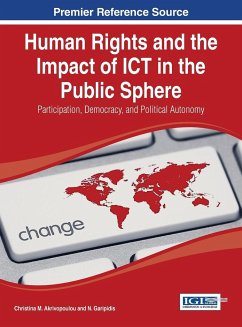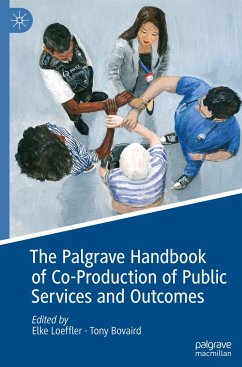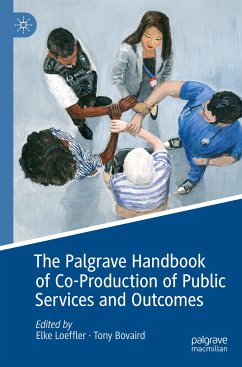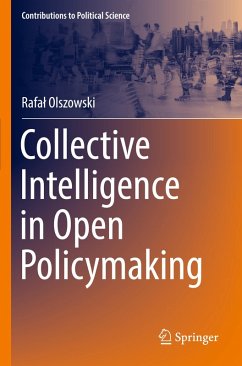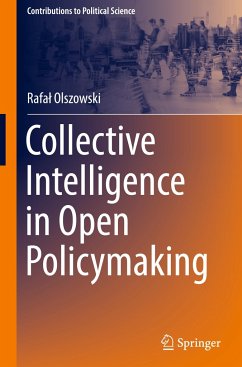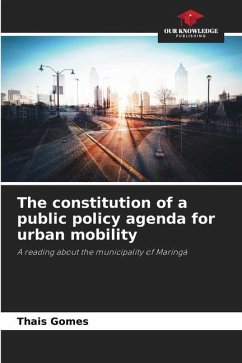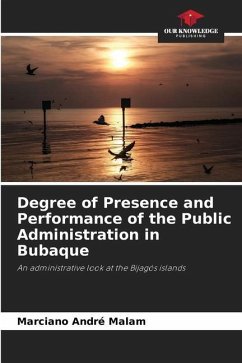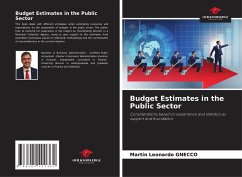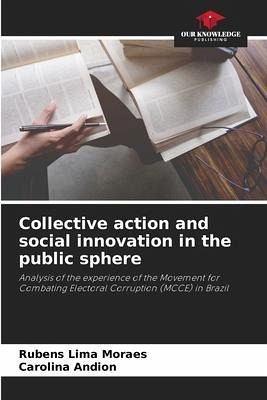
Collective action and social innovation in the public sphere
Analysis of the experience of the Movement for Combating Electoral Corruption (MCCE) in Brazil
Versandkostenfrei!
Versandfertig in 6-10 Tagen
55,99 €
inkl. MwSt.

PAYBACK Punkte
28 °P sammeln!
In this work, we seek to understand how the Movement for Combating Electoral Corruption (MCCE) has been promoting social innovations in responding to the public problem of electoral corruption in Brazil. We build our own theoretical-methodological approach to better understand the collective action of civil society actors in the public sphere and their role in promoting social innovations. Starting from pragmatic sociology, we promote a debate between Actor-Network Theory and studies on the experiences of public problems. The research was conducted from August 2013 to October 2014, in which a ...
In this work, we seek to understand how the Movement for Combating Electoral Corruption (MCCE) has been promoting social innovations in responding to the public problem of electoral corruption in Brazil. We build our own theoretical-methodological approach to better understand the collective action of civil society actors in the public sphere and their role in promoting social innovations. Starting from pragmatic sociology, we promote a debate between Actor-Network Theory and studies on the experiences of public problems. The research was conducted from August 2013 to October 2014, in which a triangulation of different research strategies was carried out. In the presentation of the results, in which the experience of the MCCE is addressed, through a diachronic reading (focusing on its trajectory) and synchronic (exploring its current experience), we were able to find that the studied movement had a clear incidence in the public sphere in Brazil, subverting the technical, legal, institutional and political environments in the arena of electoral corruption in Brazil.




